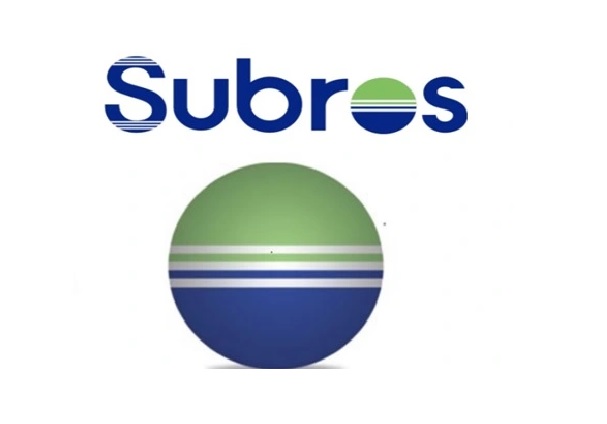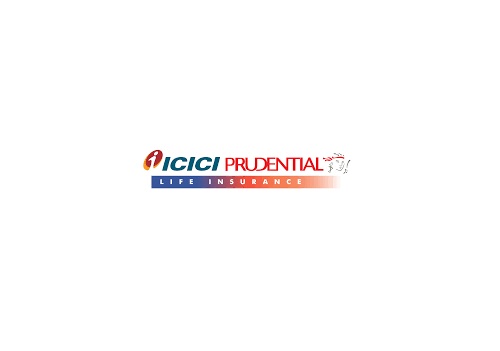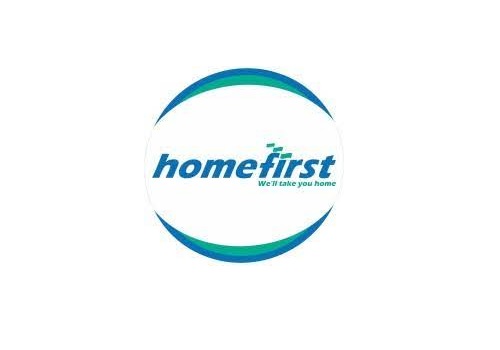Insurance Sector Update : GST exemption on savings the positive surprise By JM Financial Services Ltd

GST exemption on savings the positive surprise
The GST Council announced exemption of GST on all individual life and health insurance policies with effect from 22nd Sep’25. While media reports had suggested a reduction in GST rates for term and health plans, the exemption on savings plans is a positive surprise and benefits players who are strong in the traditional business – MAXF and HDFCLIFE. With the exemption, traditional savings products will become more competitive vis-à-vis fixed deposits and mutual funds. In health insurance, profitability is impacted in the medium term but that will also be contained with GST reduction/exemption in the healthcare value chain. It should improve penetration in the medium term – STARHEAL to benefit.
* Life insurance – exemption on savings plans a positive surprise: Life insurance policies have differential GST rates, as highlighted in Exhibit 1. GST has been exempted on all individual life insurance policies. Traditional plans, especially pure protection plans (taxed at 18% for new and renewal premiums), will benefit the most from the exemption. Amongst traditional products, single premium policies were taxed at 1.8%, whereas the GST on regular premium policies was 4.5% for the first year and 2.25% on renewal premiums. Exemption in GST to the extent of 2.25% on regular premiums implies that an insurer offering a 6% return guarantee can offer 10-15bps higher returns, on an IRR basis. Further, the incidence of ITC is lower on life insurers due to lower expenses and claims paid to individuals, as against specific medical expenditure in health insurance. On ULIPs, only the management fees and other charges are taxed at 18%. Since only the charges were taxed, hence, the benefit to policyholders should be limited. Media reports had highlighted expectation of GST rate cuts on protection plans [link] but the exemption on savings plans is a positive surprise.
* Players strong in protection and traditional business to benefit the most – MAXF and HDFCLIFE: The exemption makes the product more competitive compared to other savings products, including fixed deposits. Amongst life insurers, LIC of India, Axis Max and HDFC Life have >50% of the total APE coming from traditional plans in FY25, as shown in Exhibit 2. Axis Max Life had the highest share of retail protection in its total APE (at 10% in FY25) while LIC of India had the lowest share, at under 1%. We believe these insurers will benefit more from the exemption compared to IPRU and SBILIFE.
* SAHIs to benefit from the exemption in the medium term, 93% of Star Health’s business is retail: Retail health policies were taxed at 18% previously, which will be GST exempt henceforth. Retail health comprised 15% of industry GDPI (Gross Direct Premiums) in FY25. The share was higher for SAHIs at 75%, with Star Health getting 93% of its GDPI from retail segment in FY25.
* SAHIs lose out in near term: As GST is exempt, till the time the premiums remain the same, general insurers lose out on the ITC (Input Tax Credit) they availed earlier. However, a further positive is the cuts on GST rates on medical devices and medicines, which should reduce claims costs for health insurers. This is shown in Exhibit 4. In the medium term, this improves affordability for the customers and helps sustain the high-teens CAGR we have seen in retail health insurance over the last decade.
* Prefer life insurers over general insurance names: GST exemptions make the insurance products more attractive for customers. We had been highlighting that widening spread between fresh deposit rates and G-sec yields is good for the life insurance sector. YTD growth has already picked up to 10%+ levels for the private sector and all insurers have reported some margin expansion in 1Q results. With pricing leeway and a product mix shift to higher-margin return guarantees, we expect the space to continue to do well. At CMP, we prefer HDFC Life Insurance, trading at 2.2x FY27e EVPS, with the insurer expected to deliver 18% VNB CAGR over FY25-FY28e.
Please refer disclaimer at https://www.jmfl.com/disclaimer
SEBI Registration Number is INM000010361





















